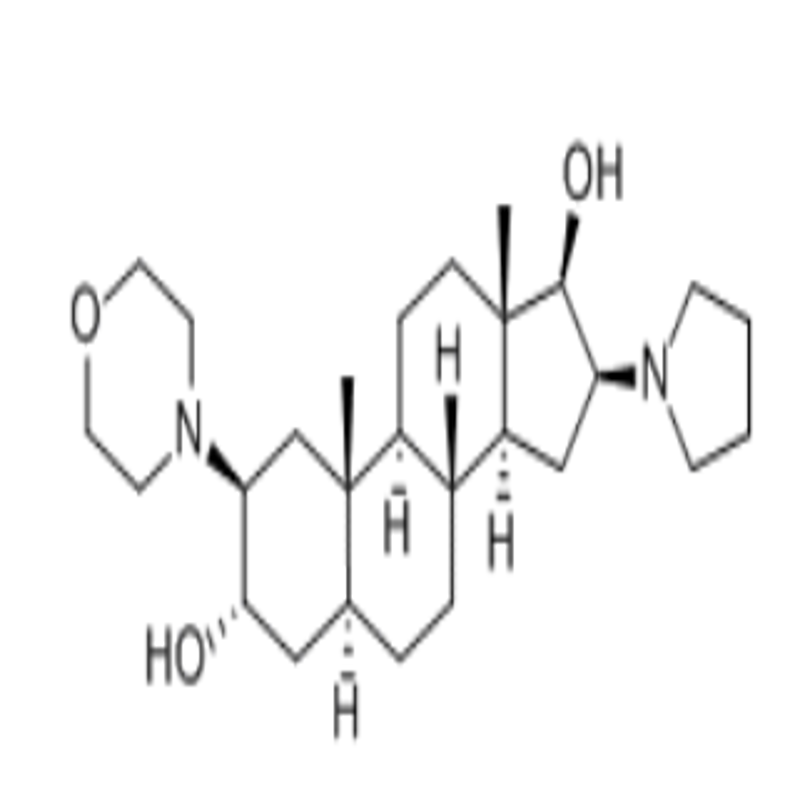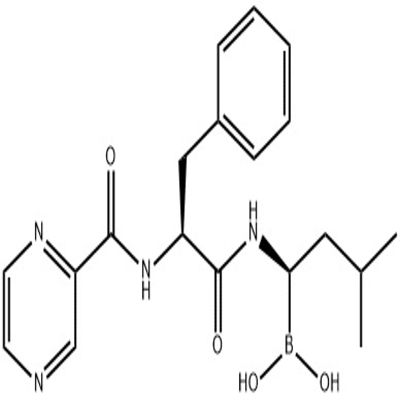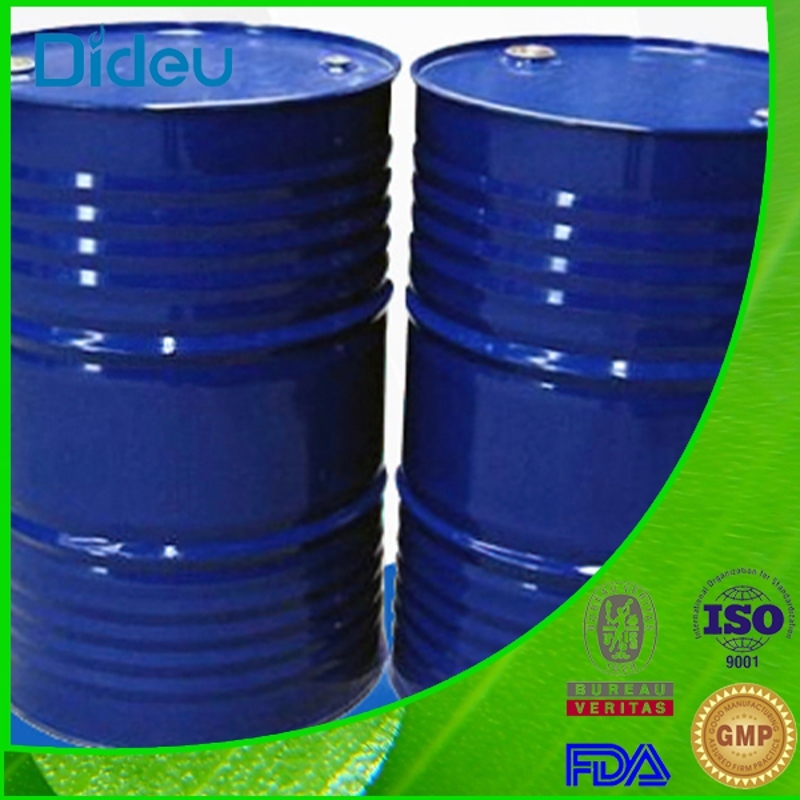-
Categories
-
Pharmaceutical Intermediates
-
Active Pharmaceutical Ingredients
-
Food Additives
- Industrial Coatings
- Agrochemicals
- Dyes and Pigments
- Surfactant
- Flavors and Fragrances
- Chemical Reagents
- Catalyst and Auxiliary
- Natural Products
- Inorganic Chemistry
-
Organic Chemistry
-
Biochemical Engineering
- Analytical Chemistry
-
Cosmetic Ingredient
- Water Treatment Chemical
-
Pharmaceutical Intermediates
Promotion
ECHEMI Mall
Wholesale
Weekly Price
Exhibition
News
-
Trade Service
6-Isoquinolinecarboxylic acid is an organic compound that is used as an intermediate in the production of various chemicals and pharmaceuticals.
In the chemical industry, it is commonly referred to as a building block or a basic raw material.
The production of 6-Isoquinolinecarboxylic acid involves several steps, starting with the extraction of raw materials and ending with the purification and packaging of the final product.
The upstream products of 6-Isoquinolinecarboxylic acid include the raw materials required for its production, such as benzaldehyde, acetic anhydride, and hydrochloric acid.
These raw materials are derived from other chemical compounds, such as benzene and acetylene, which are obtained from petroleum or natural gas.
The production of these raw materials involves several steps, including extraction, purification, and chemical reactions.
The downstream products of 6-Isoquinolinecarboxylic acid include a wide range of chemicals and pharmaceuticals that are used in various industries.
These products are derived from 6-Isoquinolinecarboxylic acid through a series of chemical reactions and purification steps.
Some of the most common downstream products of 6-Isoquinolinecarboxylic acid include pharmaceuticals, such as anti-inflammatory drugs and antimalarials, and intermediates for the production of dyes, plastics, and other chemicals.
The production of 6-Isoquinolinecarboxylic acid involves several chemical reactions, including esterification, amidation, and alkylation.
These reactions are carried out in a series of reactors, each of which is designed to optimize the chemical reaction conditions.
The reactions involve the use of various chemicals, such as catalysts, solvents, and reagents, which are carefully controlled to ensure the purity and yield of the final product.
One of the key challenges in the production of 6-Isoquinolinecarboxylic acid is the purification of the final product.
The chemical reaction process can introduce impurities, such as solvents and byproducts, which must be removed to produce a pure and stable product.
This requires the use of various purification techniques, such as distillation, crystallization, and chromatography.
These techniques are designed to remove the impurities while preserving the integrity of the final product.
The production of 6-Isoquinolinecarboxylic acid is an important industrial process, as it serves as a building block for the production of a wide range of chemicals and pharmaceuticals.
The upstream and downstream products of 6-Isoquinolinecarboxylic acid are carefully managed to ensure the quality and consistency of the final product.
This involves the use of advanced technologies, such as process control and monitoring systems, to optimize the production process and minimize waste and environmental impact.
In conclusion, 6-Isoquinolinecarboxylic acid is a critical intermediate in the production of a wide range of chemicals and pharmaceuticals.
Its production involves several steps, starting with the extraction of raw materials and ending with the purification and packaging of the final product.
The management of the upstream and downstream products of 6-Isoquinolinecarboxylic acid is critical to ensuring the quality and consistency of the final product, and is an important aspect of the chemical industry.







